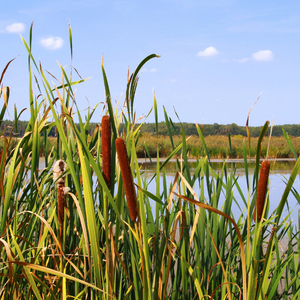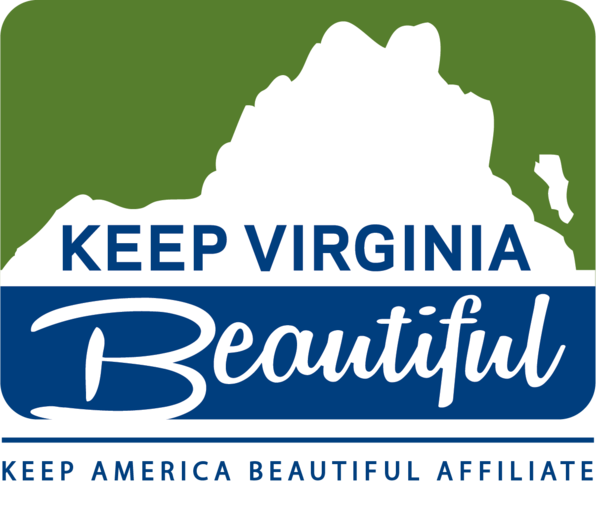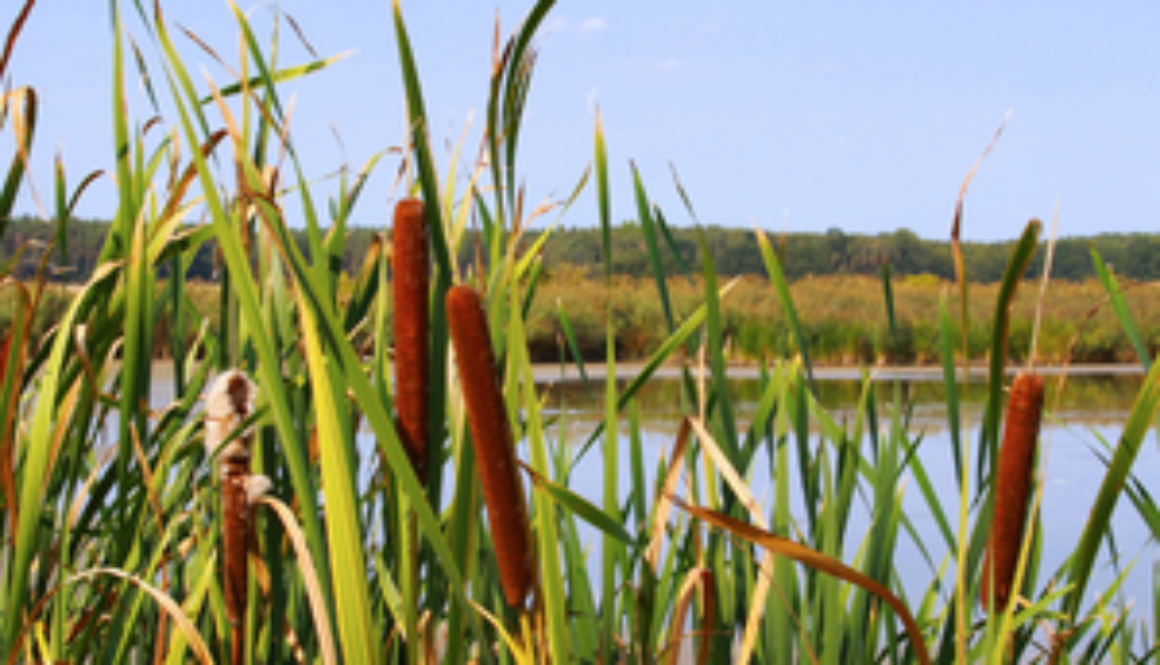Water, Water, Everywhere
 There’s something special about waterfront property, whether you are visiting a place to take in the view, or you’re fortunate enough to live or work near one of the thousands of the miles of shoreline that includes the coastland, lakes, streams, and creeks that abound in Virginia.
There’s something special about waterfront property, whether you are visiting a place to take in the view, or you’re fortunate enough to live or work near one of the thousands of the miles of shoreline that includes the coastland, lakes, streams, and creeks that abound in Virginia.
Americans desire owning waterfront property more than any other home feature. It cost about 116% more for real estate at the shore’s edge. Waterfront properties are more expensive than any other property due to the simple concept of supply and demand.
If your waterfront home is in the Chesapeake Bay watershed, you need to be aware that you may be subject to special regulations under the Chesapeake Bay Preservation Act (CBPA) based on the distance between your home and the water or wetlands. There are simple ways you can tend to your property that will improve local water quality, while protecting the vegetation and wildlife that live there.
For all property owners and residents who live by or near the water’s edge, the folks at our affiliate askHRgreen.org suggest you consider giving these lawn and garden tips a try:
- For lawn near the water, don’t mow; let it grow! Free-growing grasses help to intercept sediments and filter out nutrients that run off the land.
- Preserve the trees and plants in your yard. These keep pollutants at bay and minimize erosion, while providing food and shelter for wildlife.
- Replace grassy lawns with perennial native plants, a benefit for you (no mowing) and for pollinators and nesting animals. (Check the Virginia Native Plant Society’s Native Plant Guides for more information about plants for the different regions of Virginia.)
- Call a Chesapeake Bay Landscape Professional who is certified in the practice of sustainable landscaping for your region. They can advise and help you with your plans.
Wherever you own or rent these guidelines are still best practices. As rain rushes over surfaces, it picks up fertilizers and pesticides, oil and gas from paved surfaces, and other chemicals, if they’re not cleaned or filtered along the way. Your good (or bad) habits have an impact on area ditches or storm drains that lead to nearby waterways, even if you’re not on waterfront property.

